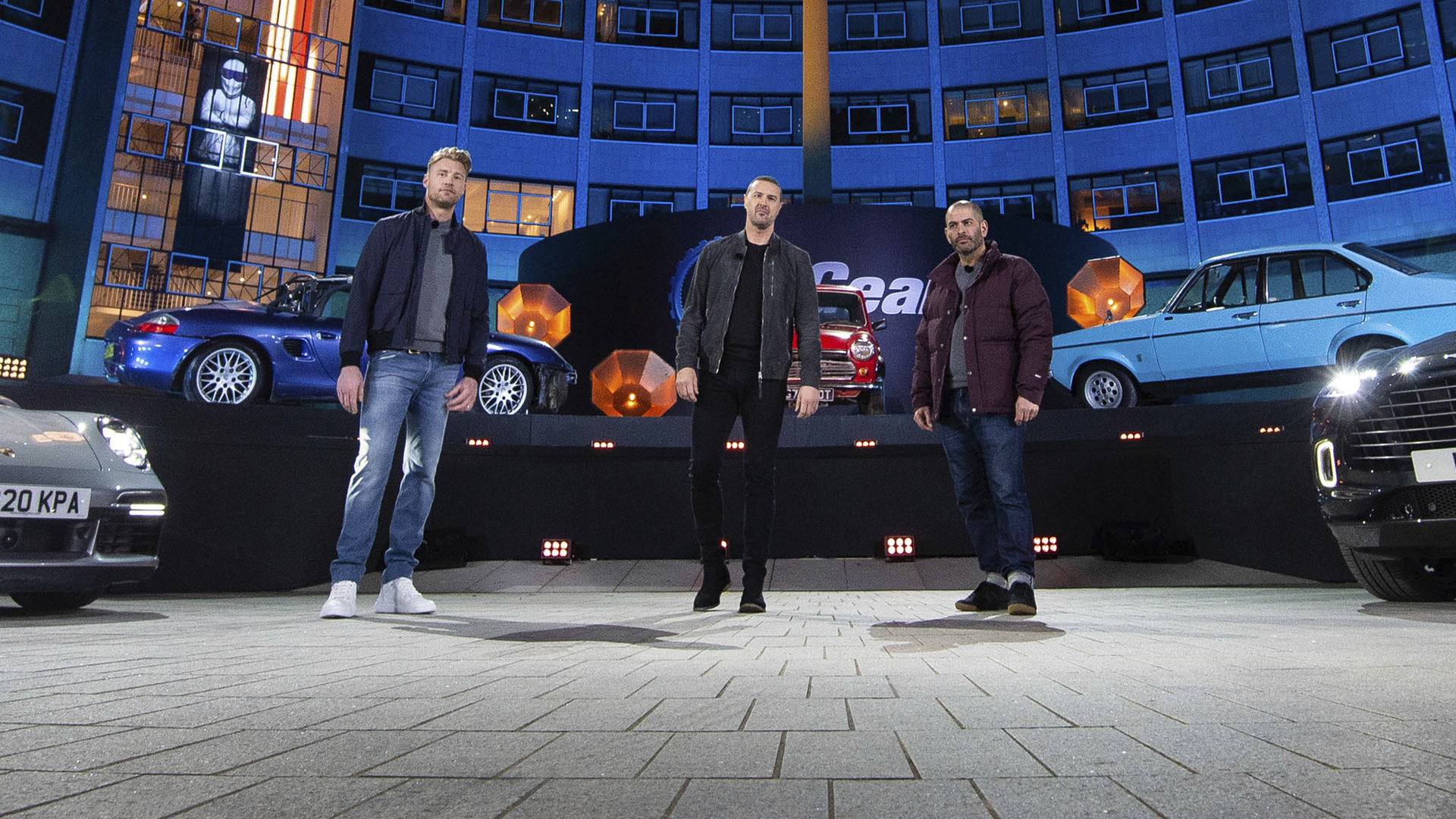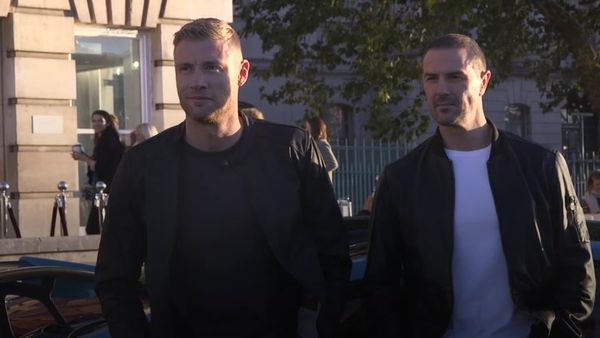
The BBC has confirmed that it is shelving its hugely popular motoring show Top Gear for the "foreseeable future". This follows a consultation period after host and former England cricket star Andrew "Freddie" Flintoff was seriously injured in a crash while filming last year.
He has recently made his return to the sport he loves as a coach, but not without the "life-altering" injuries he sustained being highly visible across his face. The show was suspended straight after the accident, but has now been effectively cancelled completely.
"We know resting the show will be disappointing news for fans, but it is the right thing to do," said the Beeb in a statement (via BBC.co.uk).
"All other Top Gear activity remains unaffected by this hiatus including international formats, digital, magazines and licensing." This includes Top Gear America, which is still thought to be in production.
Flintoff has received an apology from the broadcaster, along with a compensation settlement believed to be in the region of £9 million. He and fellow presenters, Paddy McGuinness and Chris Harris, are said to be in talks over "new projects" being developed by the BBC.
Those devastated by the death of Top Gear on British screens can always catch up with the 33 seasons (and numerous special episodes) made since it was relaunched in 2002 (with Jeremy Clarkson, Richard Hammond and Jason Dawe, then James May, at the helm). They are all available on BBC iPlayer to watch online or through phones, Smart TVs, set-top-boxes and wherever else the Beeb's streaming service is available.
Amazon Prime Video also offers five seasons of The Grand Tour – the similar show created when Clarkson was released from his Top Gear contract in 2015. It also stars Hammond and May as they travel around the world reviewing cars and undertaking motoring based challenges.
We also recommend Fifth Gear Recharged on Discovery+, which features former Top Gear presenter (and friend of T3) Rory Reid. It's a relaunch of the original Fifth Gear show first broadcast on Channel 5 in the early 2000s.










